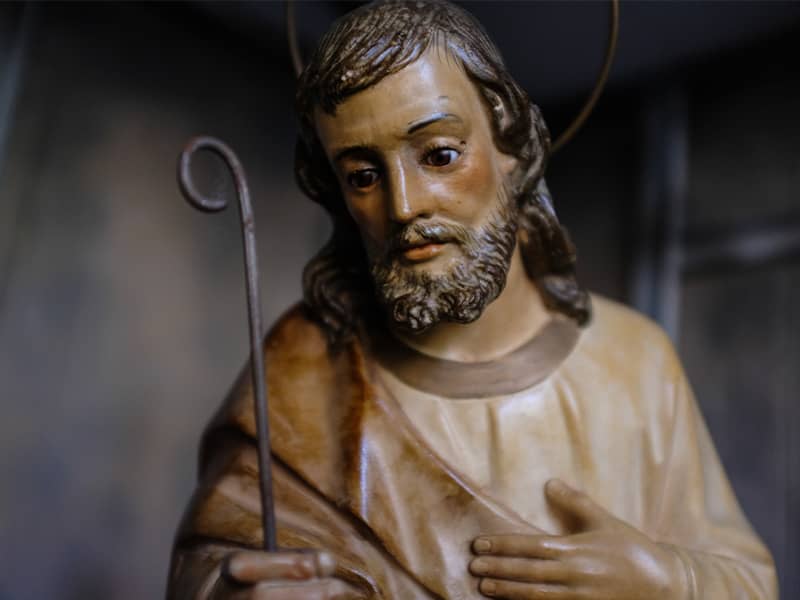A few months ago I read a wonderful story about a woman in England named Caroline Armstrong-Jones. The sister-in-law of Lord Snowden and the wife of one of Britain's wealthiest businessmen, she was in the news not because of her connections or her lifestyle, but because of her children. Her daughter, India, age 3, had been born with Down's syndrome. During her second pregnancy, Armstrong-Jones had been put under enormous pressure to have amniocentesis done to determine whether this child would be similarly afflicted, with the obvious assumption that she would then abort him if he were.
Her reaction to this suggestion was an incredulity that was both astonishing and delightful: How could anyone, she asked in so many words, imply that there was anything wrong with India? And were she to abort India's little brother if he happened to be like her, wouldn't she be rejecting India as well?
The article is worth reading just for the confident and articulate way in which Armstrong-Jones demolishes every argument brought against her position, but what I found more interesting was the bias of the journalist who wrote the piece.
Although he obviously found his subject both impressive and appealing, there was one little problem with her argument: Armstrong-Jones is a Catholic. To protect her from the usual treatment an anti-abortion Catholic can expect to receive, he assured his readers that her position was different. "Although deeply religious (Caroline's Roman Catholic faith is extremely important to her), her position on abortion is a personal one."
Whew. For a moment there, I thought Armstrong-Jones was just another one of those brainwashed Catholics, a victim of genetics and the pope, lurching through life without a single thought of her own, mindlessly spouting the party line whenever the subject of abortion came up. What a relief to discover that her position was not anything she believed, but was in fact personal.
For many years I was at pains to reassure my accusers that I had indeed worked this out myself and that my being Catholic had nothing to do with my opinion. Now, however, I am more secure. Of course, I am a Catholic, I say proudly. What else? Quakers are not asked to come up with additional, non-Quaker reasons for their pacifism; Hindus are not expected to produce non-Hindu arguments for their vegetarianism. Why should Catholics go to all the effort of finding non-Catholic support for their stand on abortion? Especially when the Catholic line is so convincing and well developed! And not only that, we believe it.
What is a belief, after all? I find it amusing the way so many people suppose that religious belief precludes thought, almost as if one has neither the right nor the ability to think through the articles of the faith one professes. When I argue with non-Catholics about an issue like abortion, I see a kind of pitying look in their eyes, as if they think me a pathetic victim of my upbringing, hopelessly conditioned to repeat the same tired phrases over and over, denied by destiny the chance to make an independent decision.
To be a mature Catholic adult means that one assents to the commonly held beliefs of the religion. Assent can only happen after serious and thoughtful consideration, weighing different viewpoints, and making a decision in the light of faith. It is not possible to be held hostage in a genuine religion, Catholic or otherwise, for belief is meaningless if it is forced. It is a contradiction in terms. Belief is also meaningless if it is mindless. We cannot believe simply because the pope or a priest or a nun says so. That is a childish faith and not an option for an adult.
The secular alternative, the personal belief, is fine as far as it goes, but that isn't very far. The problem with working out every position autonomously is that we are human beings and all too likely to adjust reality to fit our particular situation at the moment. The power of a belief which is held in common over generations is that it has stood the test of time; it has history. Each person coming to maturity, however, must grapple with it anew and either accept it or reject it. The struggle is an important part of the actual belief, and it is equally important that that process be acknowledged. Catholics inherit a treasure when they embrace the faith, but if it comes unexamined, it doesn't amount to much.
A Catholic who knows what she possesses, who has studied it all before saying, "Amen," has far more than a personal position: She has a belief. It's all that is needed to change the world.

